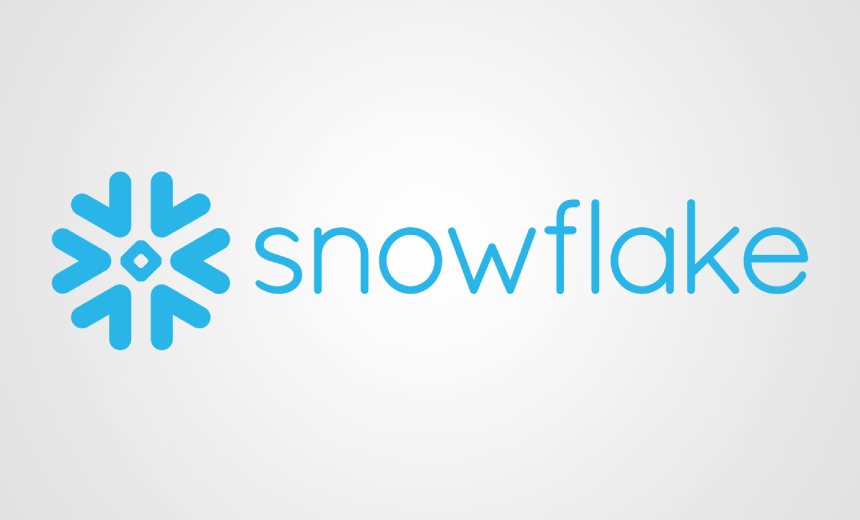The CISA has directed federal agencies to remove Flash Player by October 8, 2024, to safeguard sensitive data and critical operations. Adobe officially ended Flash Player support in 2020, recognizing its security risks.
Microsoft said Vanilla Tempest has been active since at least July 2022, with previous attacks targeting education, healthcare, IT, and manufacturing sectors using various ransomware families such as BlackCat, Quantum Locker, Zeppelin, and Rhysida.
Using the fresh funding, the company plans to improve its threat modeling and deepfake protection services to safeguard high-profile individuals from cyber threats in their personal lives.
Broadcom has released a patch for a critical security flaw in VMware vCenter Server, allowing remote code execution through a heap overflow vulnerability in the DCE/RPC protocol (CVE-2024-38812).
Snowflake, a cloud-based data warehousing platform, has implemented default multifactor authentication and a minimum 14-character password requirement following cyberattacks in June affecting multiple customers.
The group primarily focuses on online gaming personalities, cryptocurrency influencers, and technology professionals, enticing them with fake job opportunities on social media that lead to downloading malicious software.
The Series B funding was led by Critical Ventures and SineWave Venture Partners, with other key investors joining in to support RunSafe’s mission to protect critical systems from global threats.
Approximately nine percent of tested firmware images use non-production cryptographic keys that are publicly known, making Secure Boot devices vulnerable to UEFI bootkit malware attacks.
MISTPEN is a trojanized version of a legitimate Notepad++ plugin that allows the threat actor to download and execute files from a command-and-control server. The threat group constantly enhances its malware, making it harder to detect and analyze.
Red Hat OpenShift, a popular hybrid cloud platform with robust security features, is facing two critical vulnerabilities: CVE-2024-45496 (CVSS 9.9) and CVE-2024-7387 (CVSS 9.1).








